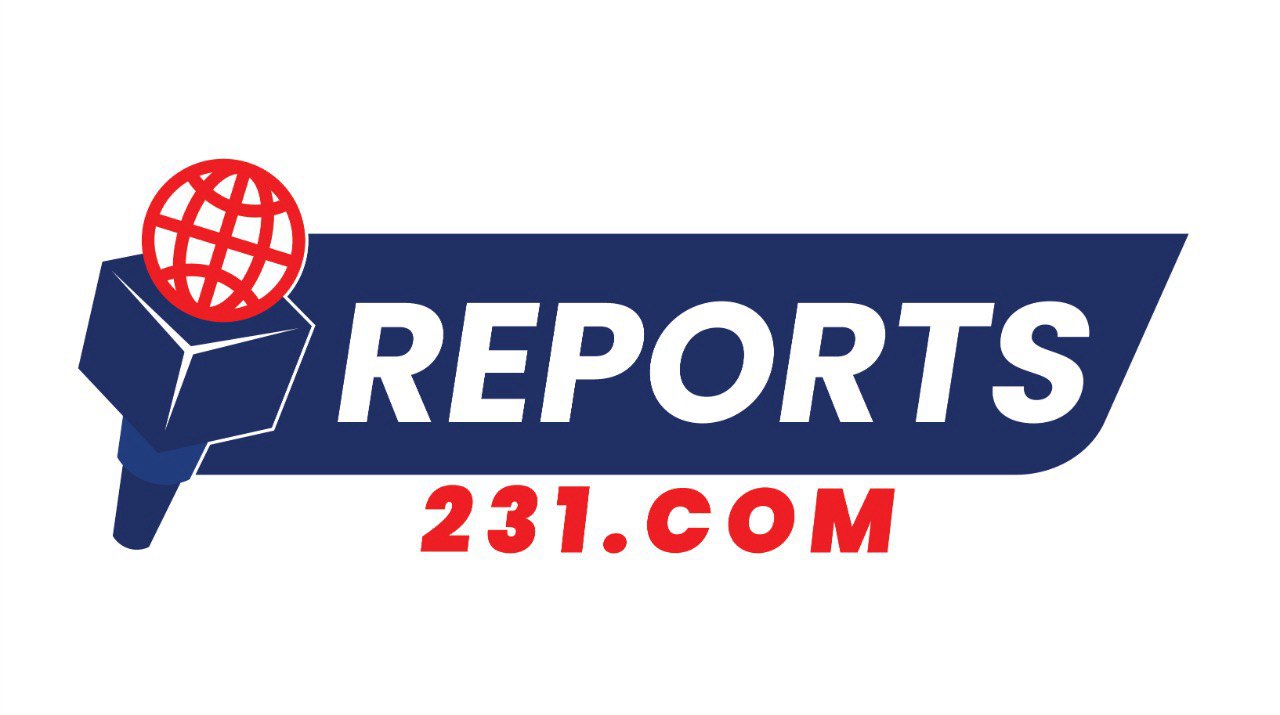Brewersville, Montserrado – Dr. Enoch G. David-Nyankoon, the principal and CEO of Ricks Mission Institute, called on the Liberian government to provide education more funding and to take strong measures to combat corruption.
Dr. Nyankoon stressed that systematic malpractice in the sector and chronic underfunding are compromising Liberia’s future while speaking at an occasion where Ricks Mission Institute was recognized as the “Best School” in Brewersville for its significant contribution to the country’s educational environment.
“Increase funding for education to boost the system’s performance. Our system’s poor performance is destroying our country’s future. Although there has been some improvement in school attendance, the general quality of education is still woefully low because of a shortage of qualified instructors, inadequate infrastructure, and a lack of learning resources, poor administration and monitoring.”
Dr. Nyankoon did not hold back while criticizing the systemic corruption that afflicts Liberia’s educational system. According to him, the nation is “trapped in a culture of corruption,” where money intended for schools is embezzled and teacher placements and hiring are frequently influenced by bribes and preference rather than qualifications.
“Liberia is known for its corrupt culture. It will continue to destroy the future of the country unless we adapt an act that will forbid it,” he said.
The Ricks Mission Principal emphasized the consequences of this corruption by pointing out that many university students and recent high school graduates today lack fundamental skills in science, math, and English.
He stated the government’s inability to address the systemic decay is directly responsible for the deterioration in education. In order to safeguard the nation’s future, Dr. Nyankoon is pleading with the Boakai-led government to prioritize education nationwide by combating corruption and increasing funding for the field.
With education frequently getting less than 15% of the entire national budget far less than UNESCO’s suggested 20%, Liberia’s education sector is now dealing with one of the lowest budget allocations in the country’s budgetary framework.
Public schools have deteriorated as a result of this insufficient funding; many now lack clean water, power, and necessary teaching supplies. The education gap between urban and rural communities is further widened by the fact that many rural schools are still inaccessible.
One major problem is still the shortage of qualified and driven educators. Nearly 40% of public school teachers lack certification, and many turn to side work because of their poor and inconsistent pay, according to recent Ministry of Education data.
This has led to a decrease in classroom performance, low morale, and a high teacher turnover rate. Additionally, national standardized tests continuously show that elementary and secondary school pupils in Liberia are performing far below grade-level expectations, indicating the country’s ongoing serious learning problem.
Sustainability has been weakened by the lack of effective monitoring and evaluation systems, despite attempts by the government and development partners, including foreign NGOs, to implement changes including curriculum reviews, school food programs, and digital learning initiatives.
In order to guarantee that education functions as a genuine engine of national growth, stakeholders have emphasized the necessity of a comprehensive reform strategy that not only boosts spending but also guarantees transparency, encourages accountability, and includes local communities in administering school systems.
Reported by: Prince Saah




